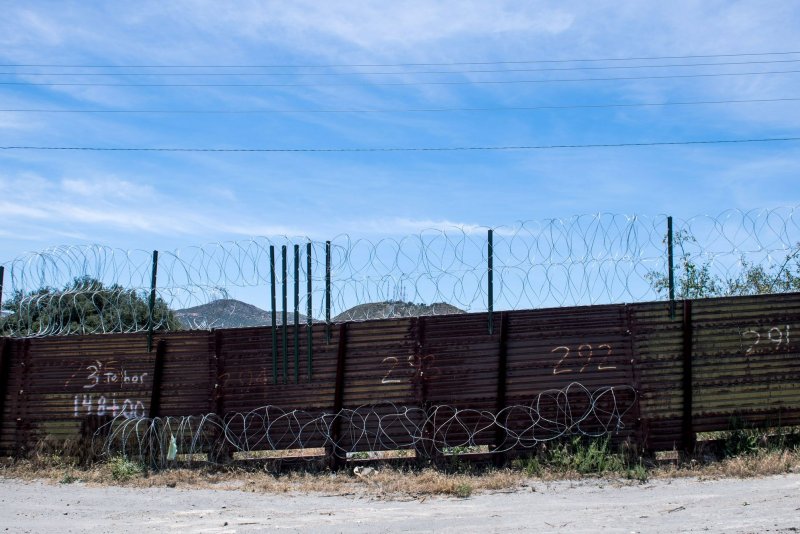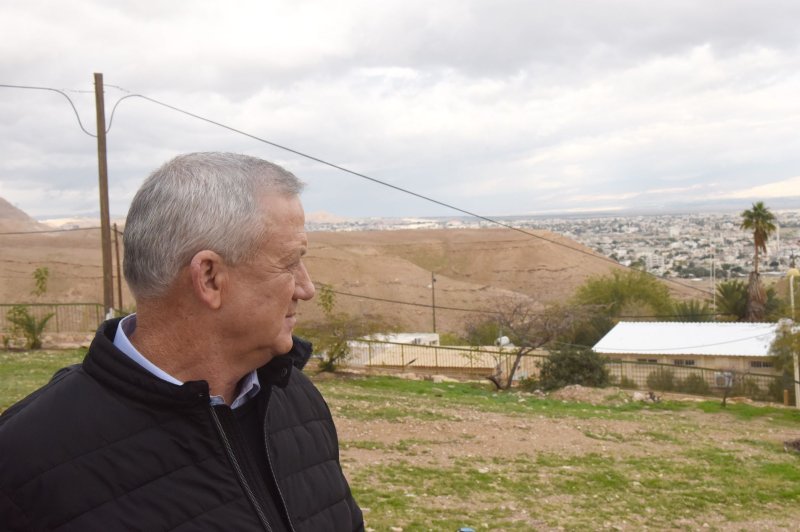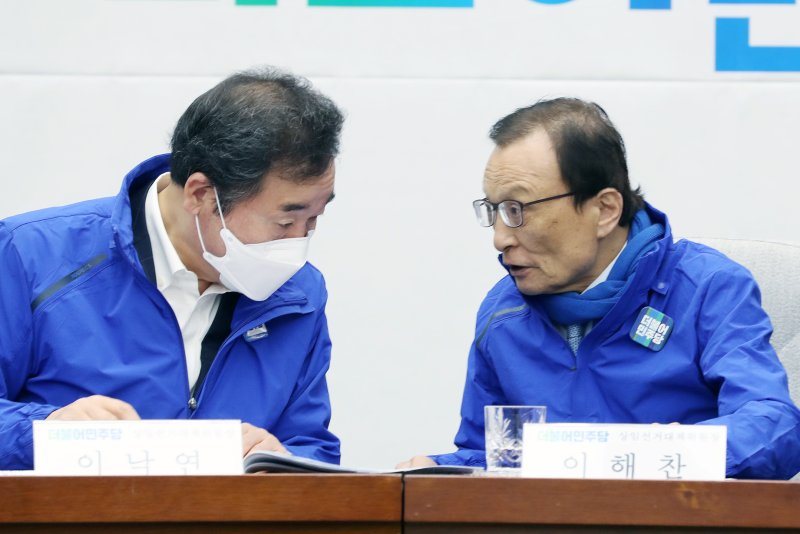May 20, 2020

President Donald Trump’s staunchest fans are so bent on taking hydroxychloroquine they’re sharing recipes for making their own.
The president has been hyping the anti-malarial drug as a preventative and treatment for the coronavirus, and claimed this week he’s been taking it himself, and his right-wing allies have promoting it and also taking the drug themselves, reported The Daily Beast.
“Tell everyone you’re taking it,” tweeted Lionel Lebron, a QAnon conspiracy theorist and conservative social media personality who visited Trump at the White House in 2018. “Even if you’re not. Say you’re taking it via enema. A high colonic with a twist of lime.”
#HCQ. Tell everyone you’re taking it. Even if you’re not. Say you’re taking it via enema. A high colonic with a twist of lime. You’re bathing in it. Say you’re having clothes made with fibers soaked in HCQ. Name your dog HCQ. Tattoo it on your forehead. Drive these idiots nuts.
—
Lionel (@LionelMedia) May 19, 2020
(@LionelMedia) May 19, 2020
The Food and Drug Administration does not recommend hydroxychloroquine for COVID-19 outside of hospitals or clinical trials, warning the drug can produce “abnormal heart rhythms” in some patients, and a Veterans Affairs study found the drug had no effect on the virus and may lead to death for some patients.
But other QAnon conspiracy theorists are so sure that Trump’s right about hydroxychloroquine they’re sharing recipes for the drug that consists of steeping various fruit rinds so followers can avoid “big pharmas fillers.”
Others, such as Missouri chiropractor Eric Nepute, are urging their online followers to drink Schweppes Tonic Water for the quinine, falsely claiming its effects “similar-ish” to hydroxychloroquine, but the Snopes website says a person would need to drink 25 liters a day to ingest enough quinine for medicinal purposes.
Talk radio host and former White House adviser Sebastian Gorka claims he’s been taking hydroxychloroquine for a month to prevent COVID-19 infection, and Rep. Roger Marshall (R-KS), a doctor and Kansas Senate candidate, says he and several family members are taking hydroxychloroquine as a prevenative.
“I’m relieved President Trump is taking it,” Marshall said.
Fringe right-wing figure Michael Coudrey, who’s been retweeted by the president in the past, claimed the drug has pleasant side effects.
“My face is also very plush and vibrant,” Coudrey tweeted.
 (@LionelMedia) May 19, 2020
(@LionelMedia) May 19, 2020 The Food and Drug Administration does not recommend hydroxychloroquine for COVID-19 outside of hospitals or clinical trials, warning the drug can produce “abnormal heart rhythms” in some patients, and a Veterans Affairs study found the drug had no effect on the virus and may lead to death for some patients.
But other QAnon conspiracy theorists are so sure that Trump’s right about hydroxychloroquine they’re sharing recipes for the drug that consists of steeping various fruit rinds so followers can avoid “big pharmas fillers.”
Others, such as Missouri chiropractor Eric Nepute, are urging their online followers to drink Schweppes Tonic Water for the quinine, falsely claiming its effects “similar-ish” to hydroxychloroquine, but the Snopes website says a person would need to drink 25 liters a day to ingest enough quinine for medicinal purposes.
Talk radio host and former White House adviser Sebastian Gorka claims he’s been taking hydroxychloroquine for a month to prevent COVID-19 infection, and Rep. Roger Marshall (R-KS), a doctor and Kansas Senate candidate, says he and several family members are taking hydroxychloroquine as a prevenative.
“I’m relieved President Trump is taking it,” Marshall said.
Fringe right-wing figure Michael Coudrey, who’s been retweeted by the president in the past, claimed the drug has pleasant side effects.
“My face is also very plush and vibrant,” Coudrey tweeted.












